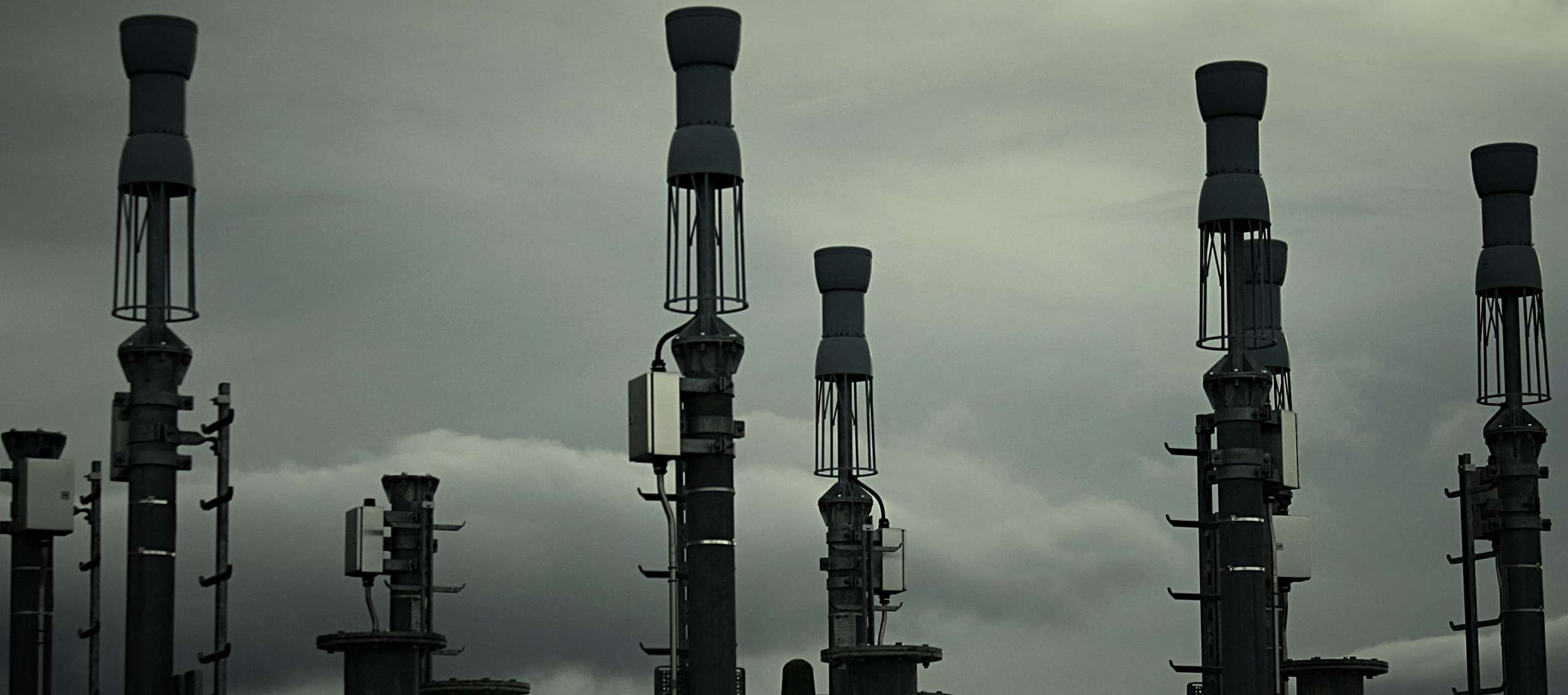The popularity of social network sites (SNSs) has been risen tremendously in the last couple of years. Almost 3.500 billion people use social network sites, such as Facebook, Instagram and so on. That development has drawn the attention to many researchers. However, there is still disagreement whether the effect of social media is positive or negative.
In this blog I will write about the effect of social media on the wellbeing by regarding the attachment theory and self-determination theory.
The self-determination theory states that three basic human needs -autonomy, competence, and relatedness- are essential for a human being to have a healthy level of well-being (Deci & Ryan, 1985). The need for relatedness refers to the degree of social connectedness one needs. Different people thrive for different level of connectedness, some prefer to have a certain distance whereas others prefer having a very close connection. Since being connected with other people is the core concept of social media I focus on relatedness.
I will also consider the attachment styles -secure, avoidant and anxious- in order to understand the people`s level differences of relatedness. Secure means that people generally do not worry about their connectedness with others. In contrast avoidant refers to an uncomfortable feeling when others are too close to them. People with an anxious attachment style fear that close relatives and friends might leave them. That’s why they often desire to be as close as possible to others (Kenny & Rice, 1995).
People who experienced a secure attachment don’t worry about their connectedness with others and thereby they are more likely to perceive the social interactions on social media as positive. Contrary to people with high secure attachment people with an avoidant attachment use fewer social media and social media has a negative effect on them. It might be that they are very sensitive to acceptance cues in interactions and that would influence their perceived connectedness.
People with anxious attachment style tend to spend an enormous time on social media. The reason is they don’t want to be abandon by the people and thereby they constantly check through social media how others perceive them (checking likes). Nonetheless it has a positive effect on their well-being. It might be that constant approval with likes make them feel better. One the other hand they perceive themselves as being lonely. That might be due to the discrepancy between the developed ideal offline self and their self in real life.
In sum people with an anxious or secure attachment satisfy their need for relatedness by spending more time on social media compared to people with an avoidant attachment style. Interestingly, people with an anxious attachment style benefit from social media but still have a feeling of loneliness.
Another aspect has to be considered when talking about satisfying the need of relatedness on social media. For instance, results show that when interact with the same friends through social media and offline is more beneficial than interacting with strangers.
How someone interact on social media and the resulted outcome might depend strongly on their attachment styles. Therefore, it is difficult to judge whether social media is beneficial or detrimental in general, some people affect it positively whereas others might suffer.




Recent Comments